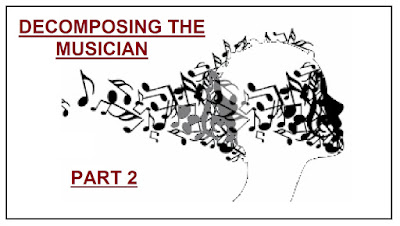New Year is traditionally a time when many people like to make resolutions. Will you be making any MUSICAL New Year Resolutions this time?
The New Year is a time when we like to make a fresh start, maybe do things a little better than last year. In terms of musical resolutions, maybe a good place to begin, would be to look at the mark sheet from your last exam and analyze where your weaknesses are. However a recent survey suggested that only an average 8% of people kept their resolutions. So "How Can We Achieve Our Goals?"
Maybe your goal is, for example, to improve your sight reading. The secret is to start small, give yourself achievable goals. So it would be better to say, "I will do one sight reading exercise a day" than "I will improve my sight reading this year." Don't try to be a perfectionist. If your goal is too high, you will get discouraged and give up.
Secondly - make yourself accountable. Tell someone about your goals. Get them to ask you how you are doing. You could even post your resolution in the comments below, Nothing like telling the world what your plans are to motivate you to stick to them, and if you leave a comment, I will check up on you in a month's time and ask how it's going. Maybe find a "buddy" who has similar goals to yourself from the comments and you can motivate each other.
So go on - do it - write down your goal now, below this post and make yourself accountable.
Here at MusicOnline UK, I would like to wish YOU all a Happy New Year where you will achieve all you plan to do.























